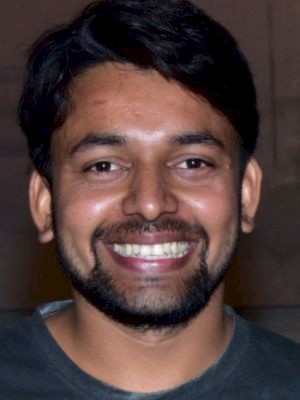Room 330, School of Arts and Sciences
Central Campus
Ahmedabad University

Associated with every 2n×2n real positive definite matrix A, there exist n positive numbers called the symplectic eigenvalues of A. Symplectic eigenvalues have found applications in various areas of science, and more notably, in Gaussian quantum information theory. In the last decade, numerous works have investigated several properties of symplectic eigenvalues. Remarkably, the results on symplectic eigenvalues are analogous to those of eigenvalues of Hermitian matrices with appropriate interpretations. In particular, symplectic analogs of famous eigenvalue inequalities are known today such as Weyl’s inequalities, Lidskii’s inequalities, and Schur–Horn majorization inequalities. In this work, we provide necessary and sufficient conditions for equality in the symplectic analogs of the inequalities mentioned above. The equality conditions for the symplectic Weyl’s and Lidskii’s inequalities turn out to be analogous to the known equality conditions for eigenvalues.
Hemant Mishra received his MS degree in Mathematics and Computing in May 2016 from the Indian Institute of Technology Guwahati, India. He successfully earned his PhD degree in October 2021 from the esteemed Indian Statistical Institute Delhi, under the guidance of Professor Tanvi Jain. His PhD thesis is an exposition of his work on the differential and subdifferential properties of symplectic eigenvalues, along with a symplectic analog of the well-known Lidskii's theorem for eigenvalues.
He joined Louisiana State University as a Research Associate in February 2022 and then transferred to Cornell University in July 2022, where he is currently serving as a Postdoctoral Associate under the mentorship of Professor Mark Wilde. His primary postdoctoral research interest lies in continuous-variable quantum information—the mathematical framework to understand and characterise quantum states of light—with a special focus on quantum systems with bosonic particles exhibiting Gaussian characteristics in their quantum states.
Other areas of his active research involve classical and quantum hypothesis testing, quantum entanglement, quantum entropy, and matrix analysis.